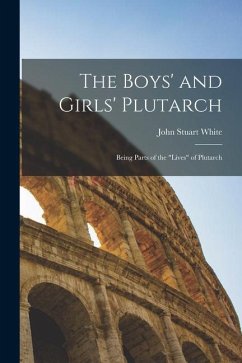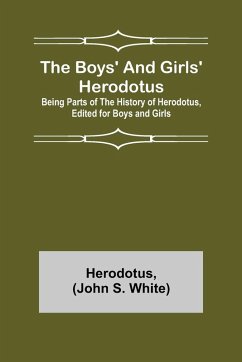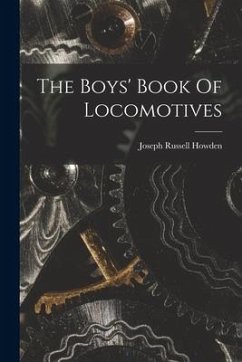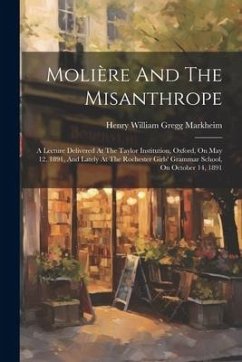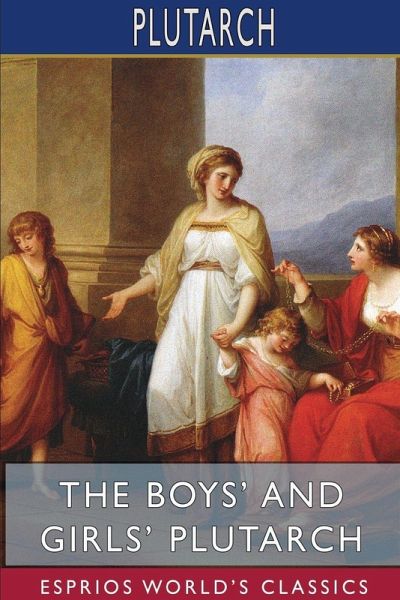
The Boys' and Girls' Plutarch (Esprios Classics)
Edited for Boys and Girls With Introductions By John S. White
Versandkostenfrei!
Versandfertig in 1-2 Wochen
28,99 €
inkl. MwSt.
Weitere Ausgaben:

PAYBACK Punkte
14 °P sammeln!
Plutarch (AD 46-after 119) was a Greek Middle Platonist philosopher, biographer, essayist, and priest at the Temple of Apollo. He is known primarily for his Parallel Lives, a series of biographies of illustrious Greeks and Romans, and Moralia, a collection of essays and speeches. Upon becoming a Roman citizen, he was named Lucius Mestrius Plutarchus. Plutarch's best-known work is the Parallel Lives, a series of biographies of illustrious Greeks and Romans, arranged in pairs to illuminate their common moral virtues, vices, thus it being more of an insight into human nature than a historical acc...
Plutarch (AD 46-after 119) was a Greek Middle Platonist philosopher, biographer, essayist, and priest at the Temple of Apollo. He is known primarily for his Parallel Lives, a series of biographies of illustrious Greeks and Romans, and Moralia, a collection of essays and speeches. Upon becoming a Roman citizen, he was named Lucius Mestrius Plutarchus. Plutarch's best-known work is the Parallel Lives, a series of biographies of illustrious Greeks and Romans, arranged in pairs to illuminate their common moral virtues, vices, thus it being more of an insight into human nature than a historical account.





